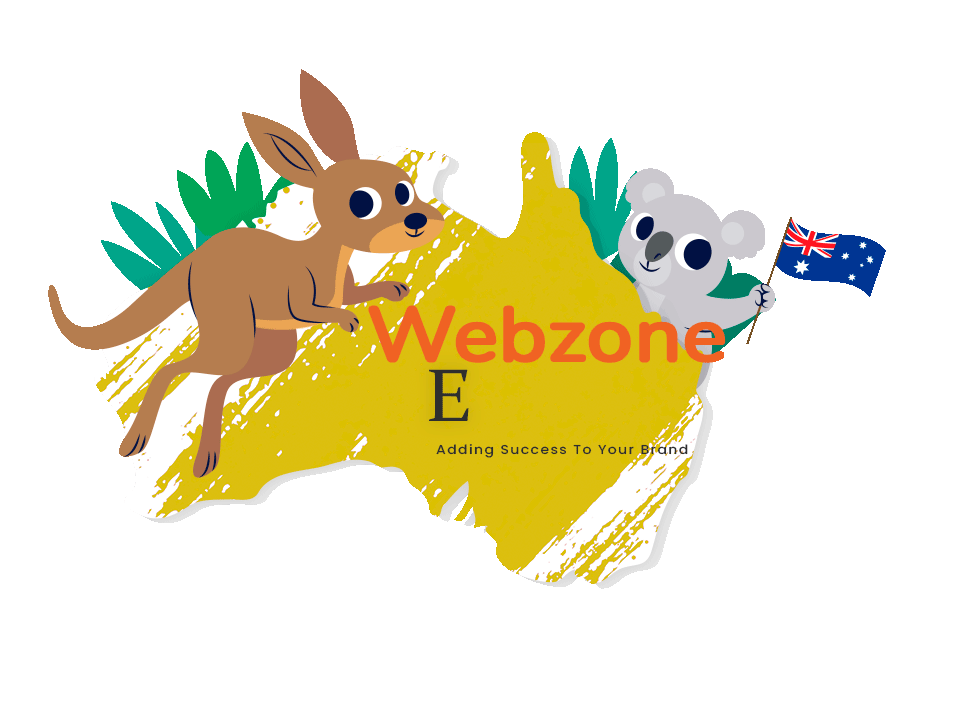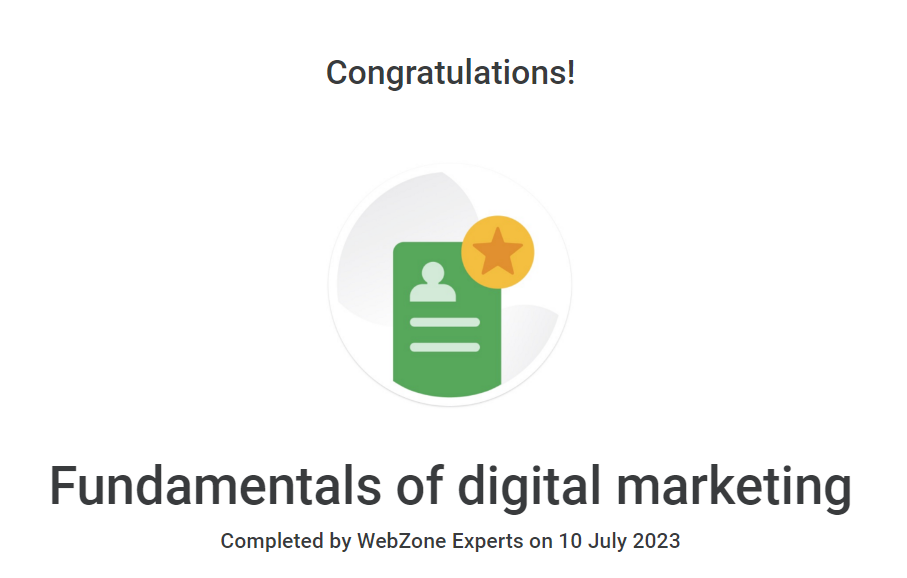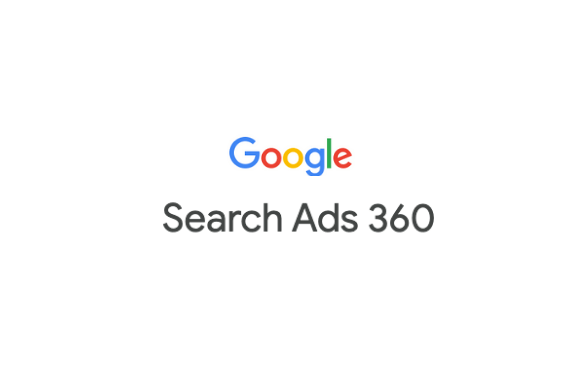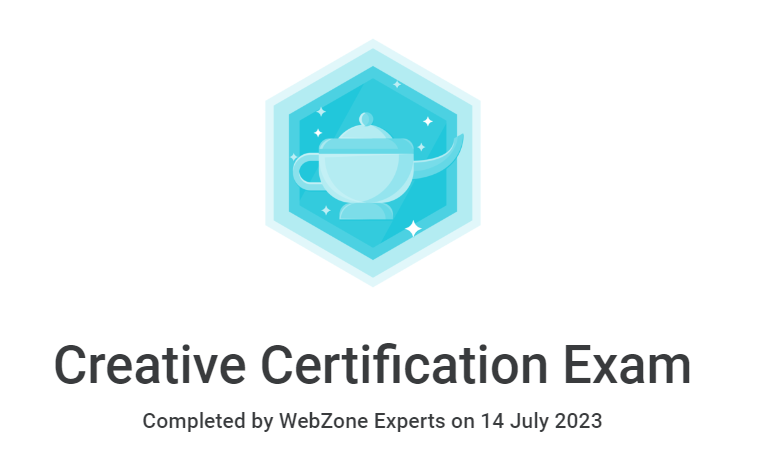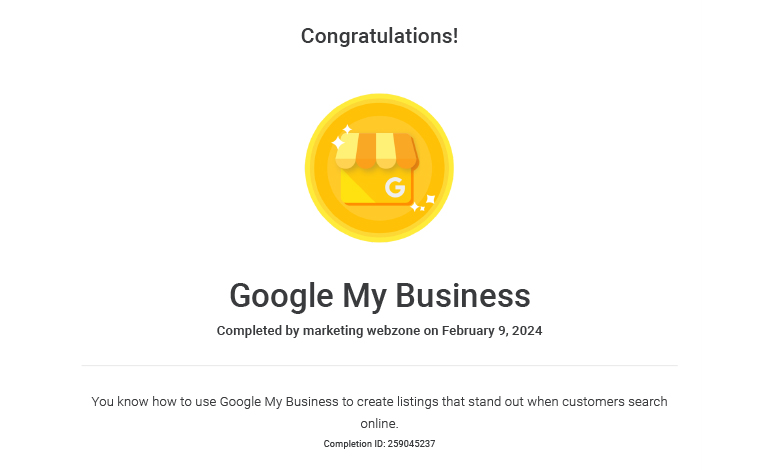Search engine optimization refers to the method of making your web pages search engine friendly so that search engines are simpler to analyze and realize your website. Thereby, your website has a better chance to get a high search engine ranking.
Nonetheless, you should keep in mind that a high search engine ranking is not your only goal, and your goal should be online traffic and conversion. The following advice assists you to accomplish the goals.
- Be sure your website won’t be penalized
Website owners understand the essence of accomplishing top search engine rankings. Therefore, they carry out different Search engine optimization activities on the sites. Nonetheless, improper application of SEO may get you heavily penalized by the search engines. To avoid your website from getting penalized, website owners should not commit to the following practices:
- Utilization of hidden links and hidden texts on the web pages
- Utilization of masking
- Keyword stuffing
- Extra automated queries to search engines such as Google web pages loaded with irrelevant words
- Multiple domains, sub-domains, pages with substantial duplicate content.
- Choose appropriate keyword phrases
Appropriate keyword phrases enable you to drive the targeted visitors to your website. Hence, this step decides whether your SEO effort can enhance business outcomes or not.
Don’t restrict yourself and be open-minded in this area. You might think that most of the search results come from one-word keywords. Nonetheless, it is wrong. Most people utilize two to five-word keyword phrases as they are more descriptive and fetch precise outcomes from the search engines. Moreover, think innovatively and carry out linguistic research to assist you to generate beneficial keyword phrases.
- Optimize Meta Tags and Title
According to research, one of the vital steps in SEO is to optimize the title tag of your web page. Pages with keywords appearing in the title tag are frequently assumed to be more relevant to the search query than others. Keep in mind, the title tag is the most vital location of the web page after the main content of the body tag. Almost all search engines consider this tag important.
- Optimize Website content
All the search engines leverage your body text content. The main content of your website should include the keyword many times to make the search engine crawlers feel that the content is relevant to the search query. The first two paragraphs are quite vital in SEO.
To prevent your website from being considered “Over-optimized”, you should never stuff keywords heavily in the body content. We recommend that you should include the keywords naturally. Other than this, your website copy should be of at least 200-250 words.
- Make sure the coding is clean
To enable search engines to index and scan your website properly, you should check the authenticity of HTML coding manually. Website owners might build web pages using some specific technology, but some HTML editors might leave some duplicated or unnecessary tags in your copy, specifically when you edit the pages very frequently during the web design phase.
Moreover, search engines are not good are apprehending Flash and Java Applet. If you have a Java applet or Flash navigation menu, be sure to include HTML links also. Please also check if there are broken links on your website. They might stop search engine spiders to crawl other web pages on the website; it might result in the loss of thousands of website traffic per month, and waste the money and effort you spend on SEO services like us in Australia.
- Optimize Dynamic Website Content
Search engines are not good at apprehending dynamically generated web pages. Hence, we suggest you should change your dynamic URL to a static URL.
Conclusion
SEO is quite vital for search engine marketing. When done properly, it assists you to entice many targeted visitors to your website and can enhance your business results.
